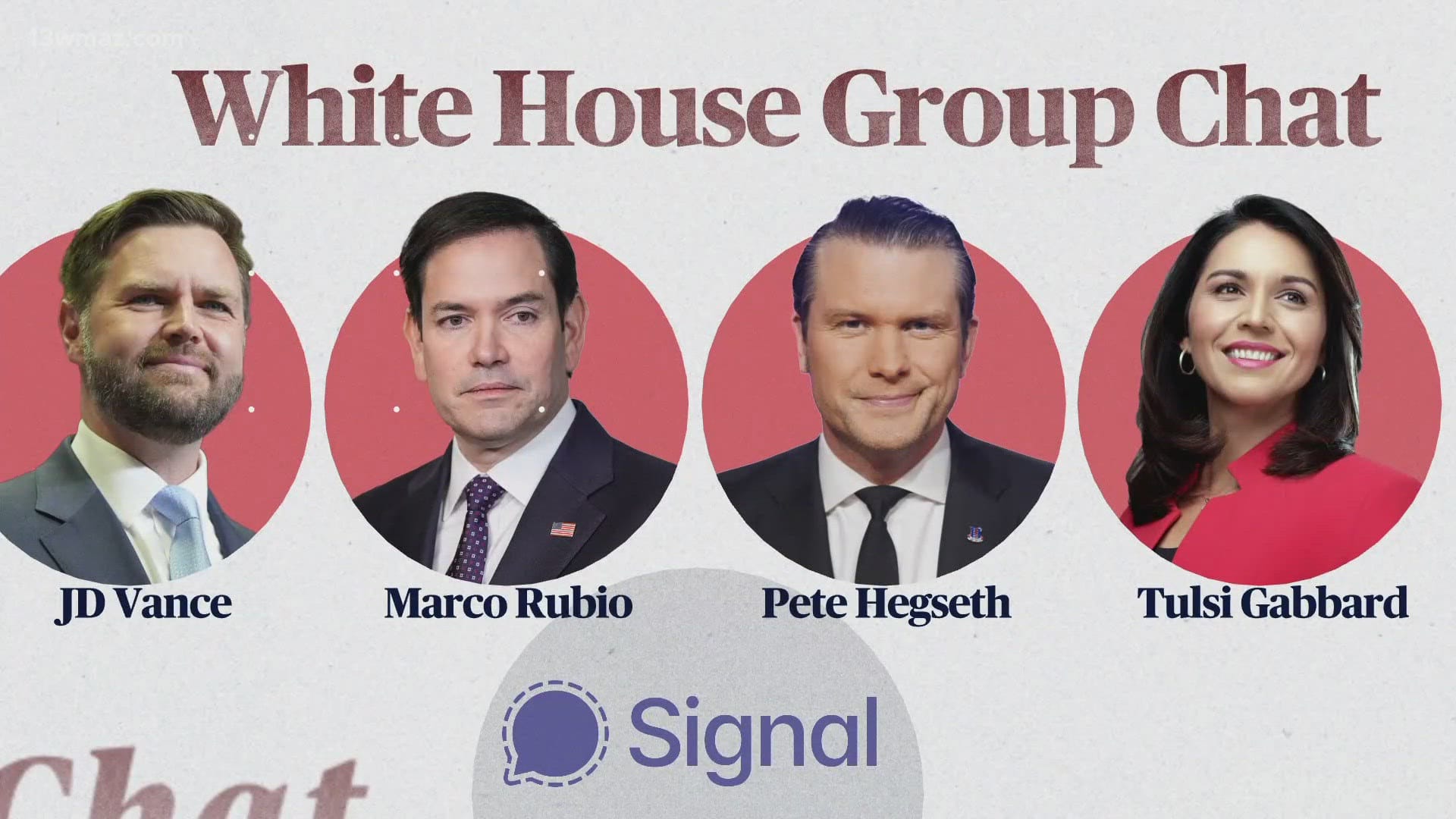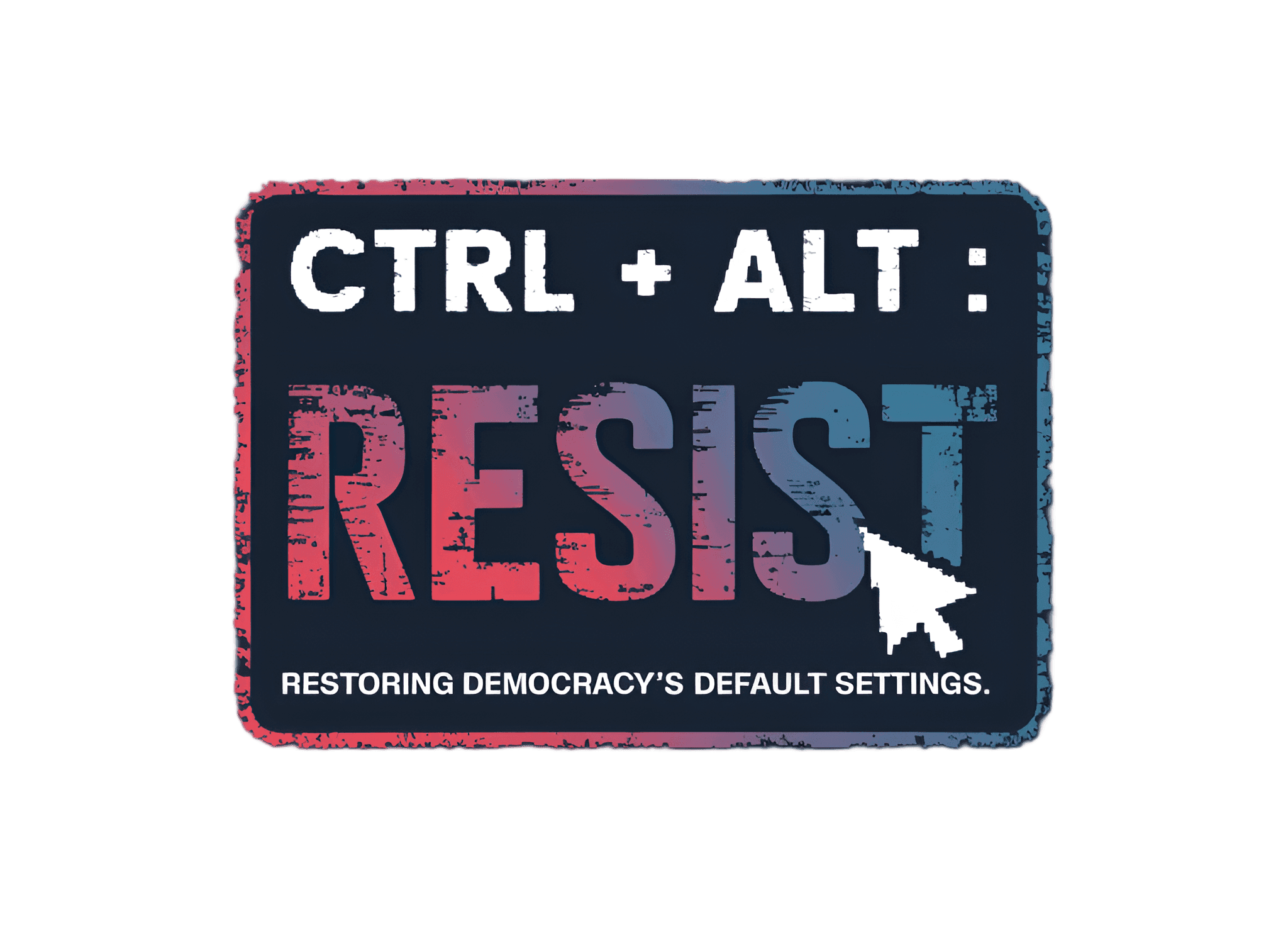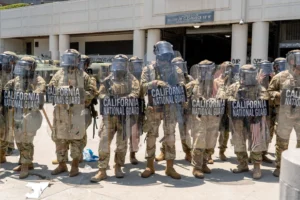
White House Security Breach: Officials Ignored Pentagon Warnings
- Breach Overview and Escalation
- Deliberately Ignored Pentagon Alerts
- National Security Implications
- Bipartisan Outrage and Investigations
- Impact on Yemen Military Operations
- International Reactions and Consequences
- The Path Forward
Breach Overview and Escalation
The White House security breach involving sensitive Yemen military plans has escalated into a national security crisis. Newly surfaced evidence reveals senior Trump administration officials knowingly disregarded explicit Pentagon warnings regarding Signal app vulnerabilities before discussing classified details. These revelations prompted bipartisan outrage and formal investigations into administration security protocols.
The incident gained attention when Jeffrey Goldberg, editor-in-chief at The Atlantic, disclosed his accidental inclusion in a high-level Signal group chat. This breach exposed precise details, including military aircraft, coordinates, and targeted individuals involved in Yemen strikes—critical classified data whose exposure poses severe national security risks.
Deliberately Ignored Pentagon Alerts
Central to the controversy is an internal Pentagon security directive issued March 18, explicitly instructing all officials to immediately cease using Signal due to vulnerabilities actively exploited by Russian-linked cyber espionage groups. Despite this clear directive, Defense Secretary Pete Hegseth, National Security Advisor Mike Waltz, Vice President J.D. Vance, and other senior officials continued utilizing the compromised platform.
“This wasn’t a case of officials being unaware of vulnerabilities—they were explicitly warned and chose to ignore those warnings,” explained a former Pentagon cybersecurity official.
National Security Implications
National security experts, including former NSA cybersecurity director Dr. Samantha Riley, describe this White House security breach as “unprecedented.” Riley underscored the breach’s severity, citing compromised information such as “specific aircraft types, timing windows for bombing runs, precise geographical coordinates, and even target identities” as highly classified operational data.
Bipartisan Outrage and Investigations
Political fallout transcends typical partisan divides, with senior lawmakers demanding accountability. Senator Mark Warner called for immediate resignations of National Security Advisor Waltz and Secretary Hegseth, emphasizing severe consequences for breaches of similar magnitude. Republican Representative Don Bacon echoed concerns about discrepancies in disciplinary actions regarding security violations.
Impact on Yemen Military Operations
Military analysts indicate compromised Yemen strike plans may allow targeted groups, like Houthi rebels, to alter their operations. Katherine Zimmerman from the American Enterprise Institute warned that compromised operational security enables targets to relocate or amplify civilian presence, complicating U.S. military objectives.
International Reactions and Consequences
International diplomatic repercussions loom large, with European allies expressing alarm over the administration’s casual approach to securing sensitive communications. Former MI6 Chief Sir John Sawers stated, “Intelligence relationships are built on trust and competence,” noting the lasting damage that a breach of this magnitude inflicts upon U.S. credibility.
The Path Forward
As investigations progress, the White House security breach raises fundamental concerns about security discipline within the administration. Dr. Kori Schake at the American Enterprise Institute highlighted the necessity for operational transparency and robust accountability measures to regain domestic and international confidence.
The effectiveness of national security strategies hinges on disciplined adherence to established protocols—this breach starkly illustrates the consequences of failing in that discipline. Moving forward, transparent reporting, tangible accountability, and significant security reforms will be critical in mitigating fallout from this serious breach.
What are your thoughts on this issue? Join the conversation below.



